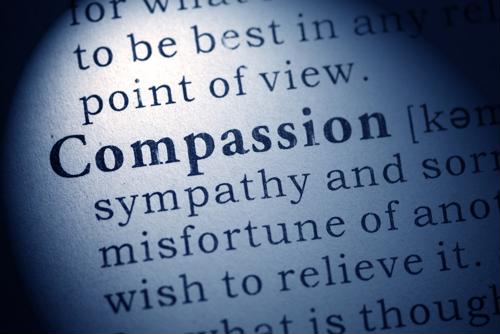
Reflecting and reconciling: Acknowledging the Stolen Generation on National Sorry Day
21 May 2024
In Australia's rich and complex history, there are moments filled with deep sadness and regret, particularly the period of the Stolen Generation. As leaders in your organisations, it's your responsibility to create a space of understanding and compassion, especially as we near National Sorry Day, a time for thoughtful reflection and coming together to heal.
Understanding the Stolen Generation
To forge a path of genuine reconciliation, it's vital to delve into the historical background that led to the inception of National Sorry Day. The Stolen Generation refers to the thousands of Indigenous children who were forcibly removed from their families and communities by Australian federal and state government agencies and church missions, from approximately 1910 to 1970.
This dark chapter in Australia's history was guided by policies attempting to assimilate Indigenous communities into white Australian society. This grave injustice left scars running deep and wide across generations.
As you navigate through the annals of history, you will encounter heart-wrenching personal stories and testimonials that convey the depth of the pain and loss experienced by Indigenous communities. These narratives serve as poignant reminders of the resilience and strength of a community grappling with the loss of culture, language and identity.
The significance of National Sorry Day
National Sorry Day, observed on May 26 annually, holds a significant place in the broader process of unification. It's a day to acknowledge the pain of the Stolen Generation and their families and reflect on the past while fostering hope for a future where such atrocities are relegated to the annals of history. It's a day when we, as a nation, come together to say sorry and vow that past mistakes will not be repeated.
As leaders nurturing organisational culture, you can amplify this day's significance within your establishment. It's an opportunity to foster awareness, educate and inspire your teams to engage in meaningful dialogues that promote understanding and empathy.
Ideas for organisational recognition
As we approach National Sorry Day, it's essential to ponder your organisation's role in honouring and acknowledging this part of Australian history. Consider initiating ceremonies that pay homage to the resilience of the Indigenous communities. Collaborate with Indigenous groups to create educational programs that delve into the depths of their culture and history.
Moreover, foster a lasting commitment to reconciliation within your establishment. Encourage your teams to engage with Indigenous communities, learn from them and build bridges of awareness and respect.

Building an enduring dedication to reconciliation
As you forge ahead, remember that acknowledging National Sorry Day is just a step in the journey towards resolution. Building sustained allegiance within your organisation involves weaving the principles of respect and understanding into the very fabric of your institutional culture.
It means fostering an environment where the Stolen Generation's stories are heard and resonate deeply, encouraging a culture of empathy and acknowledgement. It is about creating spaces where dialogues are nurtured, awareness building is a continuous process and the spirit of reconciliation permeates every aspect of organisational strategy.
As we stand on the cusp of National Sorry Day, let us come together as a community of leaders committed to fostering a culture of appreciation and understanding. Let us be the torchbearers of change, steering our institutions towards a future where the spirit of restoration is not just a yearly observance but a living, breathing entity within our establishment's culture.
To learn more about the history and significance of National Sorry Day, consider exploring resources from the Australian Human Rights Commission and the National Sorry Day Committee. Let us embark on this journey of reflection and coming together, united in our resolve to build a brighter, more inclusive future.





